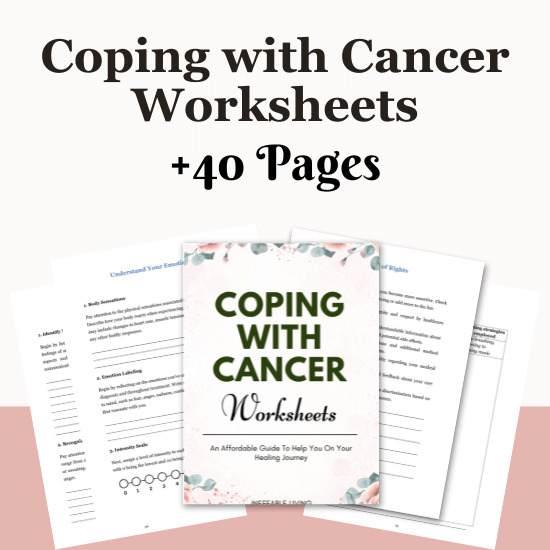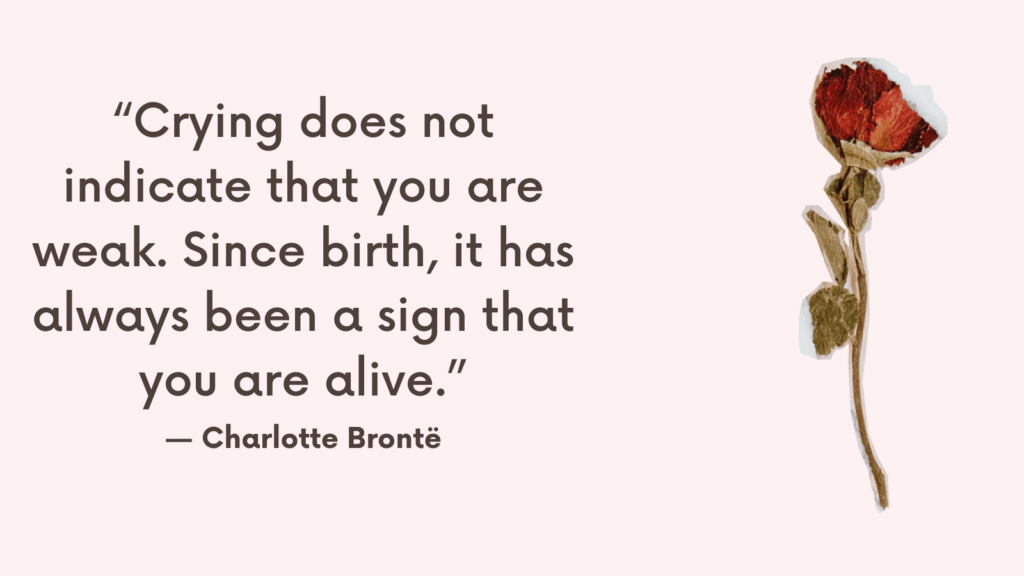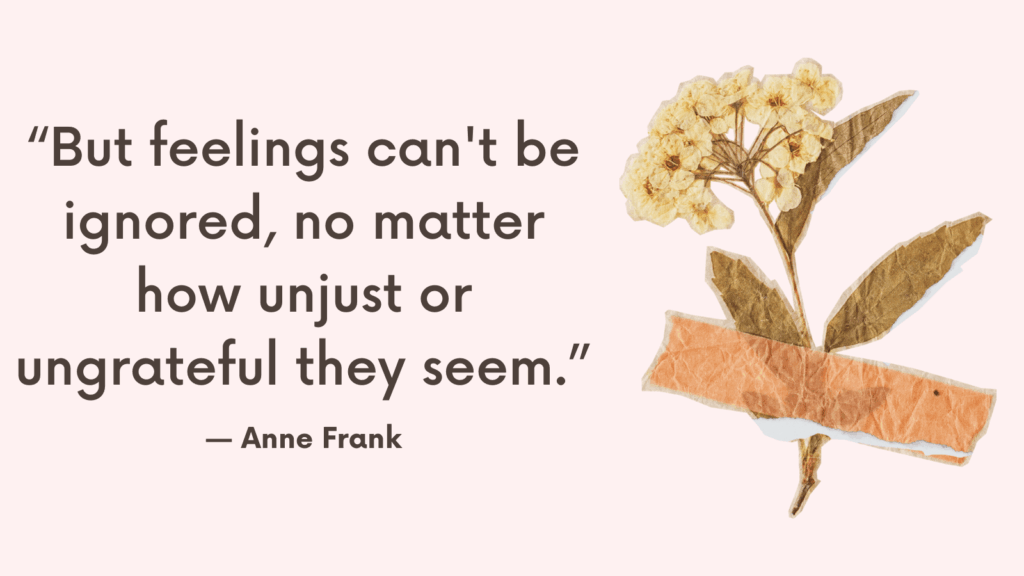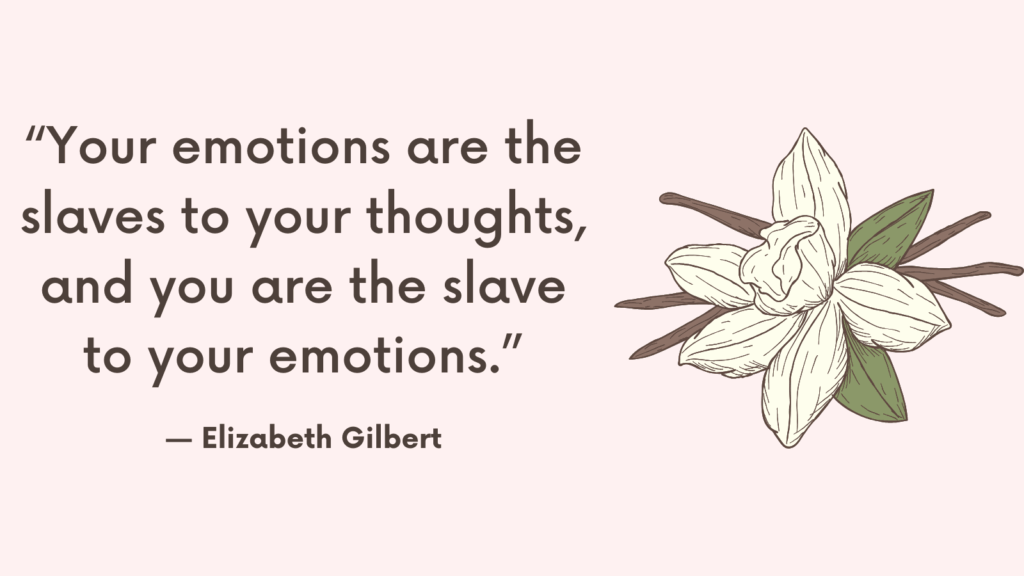A cancer diagnosis doesn’t just affect your body—it shakes your entire world. Fear, grief, anger, and uncertainty may all arrive at once. It’s easy to feel overwhelmed, lost, or emotionally exhausted. But while you can’t control the diagnosis, you can protect your mental and emotional well-being through intentional support and care. Here’s how to stay grounded during one of life’s hardest chapters.
Why Mental Health Suffers After a Diagnosis
A cancer diagnosis often brings sudden uncertainty.
Your future feels blurry.
Your body no longer feels like a safe place.
You may struggle to feel joy, safety, or hope.
And beneath all of it is fear—deep, raw, and unrelenting.
There’s also grief—grief for the life you had, for the person you were before the diagnosis, and for the illusion that things like this only happen to other people.
There’s also pressure:
To be strong
To be positive
To keep everyone else from worrying
And all of this can leave you emotionally isolated, even when you’re surrounded by love.
The Invisible Weight of “Looking Fine”
Cancer doesn’t always look dramatic from the outside—especially in the early days. But mentally, everything may feel like it’s crumbling.
You may look composed but feel like screaming.
You may laugh at dinner but cry in the shower.
You may smile through appointments while quietly fearing the worst.
This disconnection between how you appear and how you feel can make it even harder to ask for help.
Because on the surface, you’re “handling it.”
But inside, you’re breaking.
What Mental Health Protection Actually Means in This Season
It’s not about always thinking positive.
It’s not about suppressing fear or faking gratitude.
It’s about learning to create emotional space in a life filled with medical decisions, uncertainty, and disruption.
Mental health care during cancer means:
Letting yourself feel—without judgment
Setting emotional boundaries—without guilt
Asking for help—without apology
Honoring your energy, your fears, and your humanity
It means recognizing that healing isn’t only physical.
It’s also emotional.
And it takes just as much strength to sit with your feelings as it does to endure treatments.
The Hidden Emotions You Might Not Have Words For
- Anticipatory grief about outcomes you can’t control
- Survivor’s guilt if others didn’t make it
- Rage at your own body for “betraying” you
- Shame for not being stronger or more optimistic
- Exhaustion from the emotional labor of being hopeful for others
These feelings are common. They are human.
And they are not wrong.
You’re not failing. You’re facing something overwhelming—and your emotions are trying to help you survive it.
How to Protect Your Mental Health After a Cancer Diagnosis?
1. Acknowledge Every Emotion—Without Judgment
You don’t have to be “strong” all the time. It’s okay to cry, rage, grieve, or go numb. Say to yourself:
“Whatever I’m feeling right now is valid.”
Let your emotions move—don’t bottle them up.
2. Take Information in Manageable Doses
You don’t have to understand everything in one day. Space out research, appointments, and discussions so you don’t burn out mentally. Ask questions when you’re ready.
3. Choose Whose Voices You Let In
Not everyone needs to know everything. Surround yourself with people who offer calm, presence, and respect. Set boundaries with those who offer fear, pressure, or unhelpful opinions.
4. Create a Support System That Includes You
Your care team isn’t just doctors—it includes friends, therapists, spiritual guides, or support groups. And don’t forget: you are on your own team. Treat yourself with the same compassion you offer others.
5. Find a Daily Anchor
Even small routines create stability in chaos. A short walk, morning journaling, lighting a candle, or sitting with tea—tiny rituals bring calm to uncertain days.
Related: How to Identify Your Emotions?
6. Give Your Body Permission to Rest
Fatigue, brain fog, and emotional exhaustion are common. Your body is doing hard work. Rest is not laziness—it’s survival. Listen without guilt.
7. Speak Kindly to Yourself
Your inner voice matters. Replace harshness with softness:
“I’m doing the best I can today.”
“My body is worthy of love, even now.”
8. Process the Grief That Comes With Change
You may grieve your old life, your body, your plans. That grief is real. Naming it helps you hold space for healing alongside treatment.
9. Protect Your Energy From Toxic Positivity
You don’t have to be cheerful all the time. Healing doesn’t mean pretending. It means being real—and still moving forward in the way that’s true for you.
10. Ask for Mental Health Support Early—Not Just in Crisis
Counselors, psycho-oncologists, or support groups can help you cope with fear, identity shifts, and existential questions. You don’t have to wait until it’s unbearable.
Related: 12 Ways to Express Emotions Clearly & Effectively

Conclusion
A cancer diagnosis may change your path—but it doesn’t erase your strength, your voice, or your humanity. Protecting your mental health is not a luxury—it’s part of your healing. You’re allowed to feel, to rest, to hope, and to ask for help. One breath at a time, you’re doing the impossible—and that is enough.



